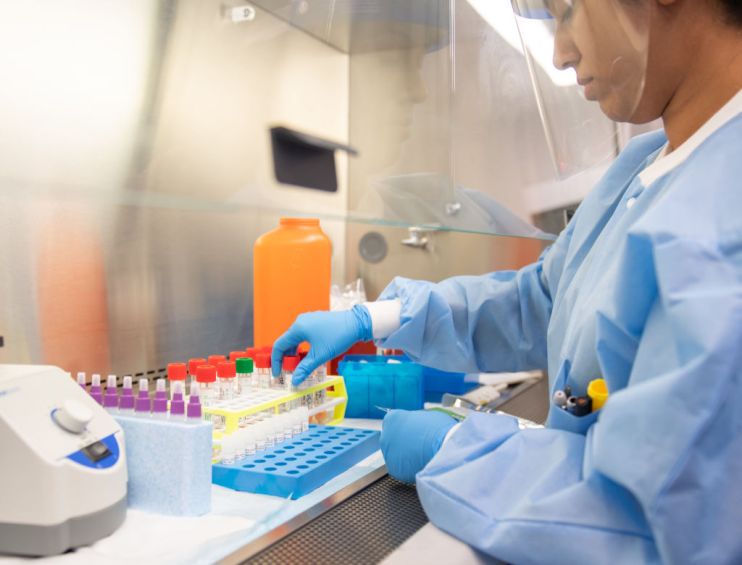Long Covid cure? Researchers to trial traditional Indian herb treatment

The London School of Hygiene & Tropical Medicine will work with the All India Institute of Ayurveda to determine whether a traditional Indian herb can help people recover from long Covid.
Ashwagandha, commonly known as Indian winter cherry, is traditionally used in the Indian Ayurvedic system of medicine to boost energy, reduce stress and strengthen the immune system.
Experts said recent trials had proven the herb’s efficacy in reducing anxiety, stress, improving muscle strength and reducing fatigue symptoms in patients with chronic diseases.
Long Covid patients can suffer from cognitive dysfunction, poor mental health, extreme fatigue and muscle weakness.
It is estimated these symptoms affect 10 to 20 per cent of Covid survivors and can last for one to three months or longer in many cases.
The study, funded by the Ministry of Ayush of the Government of India, will include a double-blind clinical trial involving 2,000 people living in the UK with long Covid.
Half of the trial participants will take 500mg Ashwagandha tablets twice a day for three months, while the other half will be given a placebo.
Researchers will randomly select participants to have a monthly follow-up of self-reported quality of life, impairment to activities of daily living, mental and physical health symptoms, supplement use and adverse events.
The study is expected to last for over a year.
“Ashwagandha has been shown to reduce symptoms of other conditions that are similar to those of long Covid, so we are hopeful that it will be an effective way to combat the condition,” said Sanjay Kinra, professor in clinical epidemiology at the London School of Hygiene & Tropical Medicine.
The research is also supported by the UK’s All-Party Parliamentary Group on Indian Traditional Sciences and the Traditional Complementary and Integrative Medicine Unit at the World Health Organisation (WHO).
“Research is the only way to ensure appropriate integration of traditional medicine knowledge into mainstream medical practice,” said technical officer at WHO Geneva, Geetha Krishnan, who helped to facilitate the research project.